Recycling Plastic Bottles at Home: Easy Tips
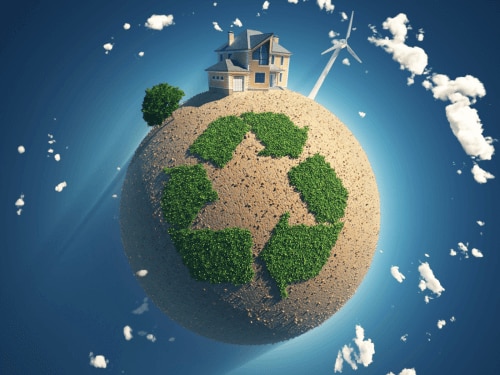
Plastic has played a useful role in modern life — it’s flexible, lightweight, durable and helps keep things safe and sterile. But when it’s not properly recycled or disposed of, it can end up in places it shouldn’t be — like our rivers, lakes and green spaces. We believe that none of our packaging should end up in nature or in a landfill. That’s why we’re committed to using recyclable materials and encouraging everyone to keep plastic in the loop — and out of the environment.
The Importance of Recycling Plastic
Plastic waste poses a significant threat to our planet, from polluting oceans and harming wildlife to contributing to climate change. Recycling plastic is a crucial step towards mitigating these harmful effects and building a more sustainable future. Here's why recycling plastic is so important on a global scale:
-
Helps protect nature and wildlife: Plastic pollution can wreak havoc on nature, harming animals in the ocean and on land, contaminating soil, and damaging natural habitats. Recycling helps keep plastic out of these places.
-
Helps save resources and energy: Making new plastic from scratch takes a lot of energy and uses up valuable resources like oil. Recycling plastic uses much less energy and helps us conserve these resources, so we don't have to rely as much on fossil fuels.
-
Helps Reduce Carbon Emissions: Using less energy means fewer emissions. And fewer emissions mean a smaller carbon footprint. When we recycle, we’re helping to keep plastic waste out of landfills and reducing the harmful gases that contribute to climate change.
-
Promotes a Circular Economy and "Bottle-to-Bottle" Recycling: Recycling is a cornerstone of the circular economy, where materials are kept in use for as long as possible, minimising waste and resource depletion. At Buxton, we’re using bottles made entirely from recycled PET plastic (rPET), excluding caps and labels. This "bottle-to-bottle" recycling process closes the loop, reducing the need for virgin plastic and promoting a more sustainable system. We’re working with other companies across the industry to improve the national recycling rate and support a UK-wide Deposit Return Scheme.
-
Creates Jobs and Supports More Sustainable Businesses: The recycling industry provides jobs in sorting, processing, and manufacturing new products from recycled materials. By supporting recycling, we help create a greener economy and provide opportunities for more sustainable jobs and businesses.
Understanding Plastic Types and Their Recyclability
 |
PET or rPET (Polyethylene Terephthalate) is widely recycled. |
 |
HDPE (High-Density Polyethylene) is widely recycled. |
 |
LDPE (Low-Density Polyethylene) can be recycled at large supermarkets. See OPRL label. |
 |
PP (Low-Density Polyethylene) will usually be used in Tupperware and disposable cups. It's hard or not possible to recycle, so it’s best to try to reuse or avoid it. |
 |
Signals to consumers to keep caps attached to bottles for proper recycling, ensuring efficient processing. Only plastic caps over 40mm on metal aerosols should be removed and labelled separately. |
 |
Informs consumer to recycle this type of packaging at recycling points in selected supermarkets. |
 |
Alerts consumers to take off any shrink wrap or plastic sleeve covering the bottle or container. This helps ensure the main packaging is properly processed and recycled |
Preparing Plastic Bottles for Recycling:
Before placing plastic bottles in the recycling bin, it’s important to prepare them appropriately so they can be processed properly.
Step-by-Step Guide to Recycle PET Bottles at Home:
Step 1: Make sure it’s empty and clean. Start by pouring out any leftover liquid to prevent contamination. If the bottle contained something particularly sugary or oily inside, fill it halfway with water, screw the cap back on, shake it well to loosen any sticky residue, and pour the water out. If needed, repeat the rinse once more. Let the bottle air dry for a few minutes if possible—dry bottles are less likely to cause issues during transport and sorting.
Step 2: Crushing and Compacting - To save space and make recycling more efficient, flatten each bottle before placing it in the bin. After flattening, screw the cap back on — it helps prevent the cap from getting lost during sorting and helps ensure it gets recycled too.
Step 3: Sorting - Once your plastic bottles are clean, it’s time to sort them. In the UK, all local authorities collect PET bottles for recycling at kerbside. But it’s good to check your local recycling guidelines to see whether they need to be separated from other recyclables, such as paper, cardboard, or glass.
Step 4: Storing and Collection - Store your sorted and squashed bottles in a dedicated recycling bin or container. Keeping things organised makes it easier for everyone at home to pitch in. On collection day, just set out your recycling as directed by your local service.
Reminder: There’s no need to remove labels or caps from your PET bottle — keep them attached. Labels are removed during processing, and caps can be recycled when left on the bottle.
Benefits of Recycling Plastic Bottles at Home
Recycling plastic bottles at home might seem like a small act, but it makes a real difference for our planet. If you’ve ever wondered how recycling helps the environment, this is where the impact really shows. Here's how you can contribute to a healthier environment, one bottle at a time:
-
Keep our neighborhoods cleaner: Recycling helps prevent plastic bottles from ending up as litter in our streets, parks, rivers and streams, making our neighbourhoods nicer for everyone.
-
Saves energy and resources locally: When you recycle, you're helping to cut down on the need to make new plastic, which saves energy and resources that we all use in our community.
-
Helps turn old into new: Recycling gives plastic bottles a second life. They can be turned into cool new stuff that you might use every day, like more bottles, clothes, or even playground equipment.
-
Empowers you to make a difference: Recycling is a super easy way for you to do something good for the planet. Every bottle you toss in the recycling bin counts!
-
Feel-good factor: Knowing you're doing your part to protect our environment and make things better for the future can give you a real sense of pride and accomplishment.
H2: Top Tips for Effective Recycling at Home
Recycling is easier and more effective when it becomes part of your everyday. These quick tips can help you recycle smarter and keep more plastic in the loop:
-
Recycle weekly (or more): Empty your recycling bin at least once a week to prevent overflow.
-
Rinse and empty bottles: Remove food and liquids to avoid contaminating other recyclables.
-
Set up a recycling station: create a designated space to make recycling a habit.
-
Get creative with reuse: Try using packaging for crafts or watering plants.
-
Squash top to bottom: flatten bottles top-to-bottom to save space.
-
Check your local rules: every area’s different, so recycling rules may vary.
FAQs
What is a circular economy?
Imagine a system where nothing is wasted. In a circular economy, we reuse, repair, and recycle materials to keep them in use as long as possible. Instead of throwing things away after one use, we keep them in a loop, so they can get a second life.
Can I recycle all types of plastic at home?
Unfortunately, no. While PET bottles are collected for recycling at kerbside everywhere in the UK, not all plastics are. Check with your local recycling programme to see what they accept.
How do I know if a plastic bottle is recyclable?
To determine if a plastic bottle is recyclable in your area, start by checking the recycling symbol on the bottle. Look for the triangle of arrows with a number inside. Numbers 1 (PET) and 2 (HDPE) are commonly accepted.
If you’re still unsure, your local recycling programme's website or phone number is the best source of information.
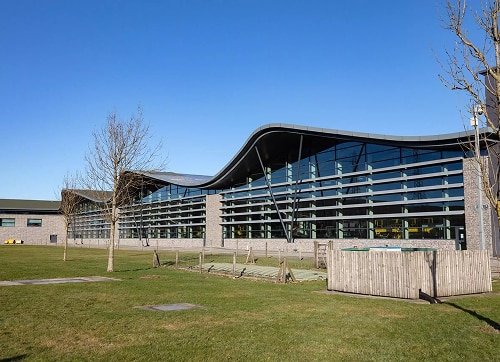
Championing Water Responsibility: Buxton Bottling Site Under AWS Review
The Nestlé Waters & Premium Beverages bottling site in Buxton will be audited under the Alliance for Water Stewardship standard.
Take a look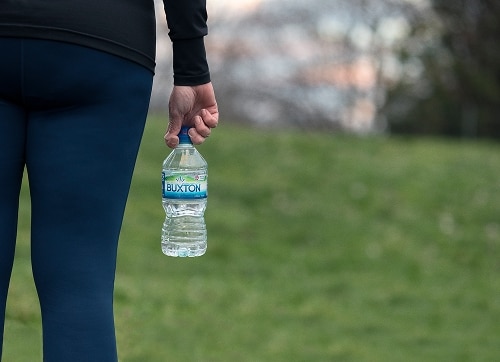
What Happens to a Buxton Bottle?
At Buxton, our commitment extends beyond just providing refreshing water and includes a strong focus on the circularity of our packaging.
Take a look
Recycling Plastic Bottles at Home: Easy Tips
Learn about recycling plastic bottles at home with simple tips. Discover why recycling is important and how your everyday habits can help protect the planet.
Take a look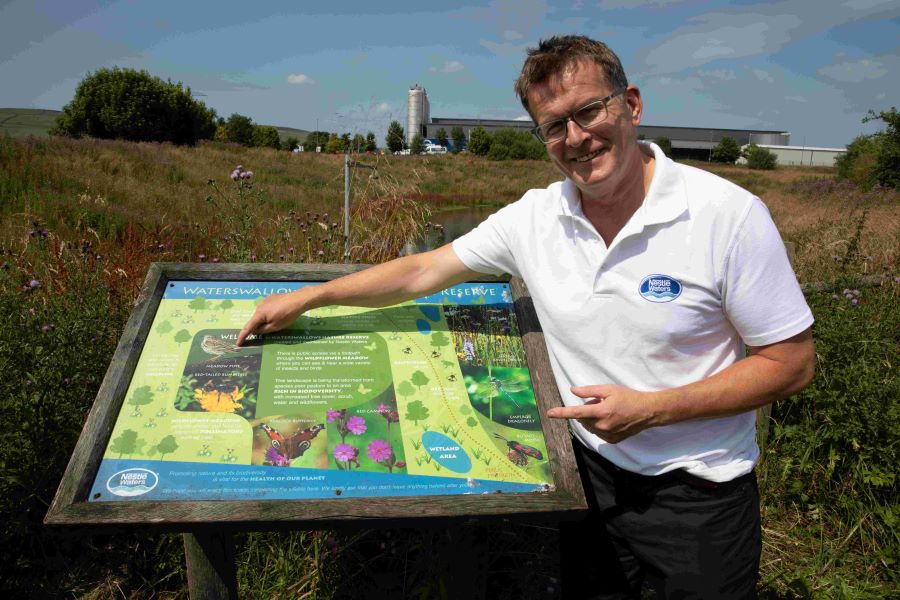
Our Water Hero: Craig Airey
Craig Airey, Project Civil Engineer at Nestlé Buxton, transforms Waterswallows Nature Reserve into a vibrant habitat, planting 200+ trees and wildflower meadows.
Take a look
Buxton water site maintains platinum status for its caring for water approach
Buxton water site maintains Platinum status for responsible water management and community engagement. Partnerships with Derbyshire Wildlife Trust and restoration projects demonstrate commitment to sustainability.
Take a look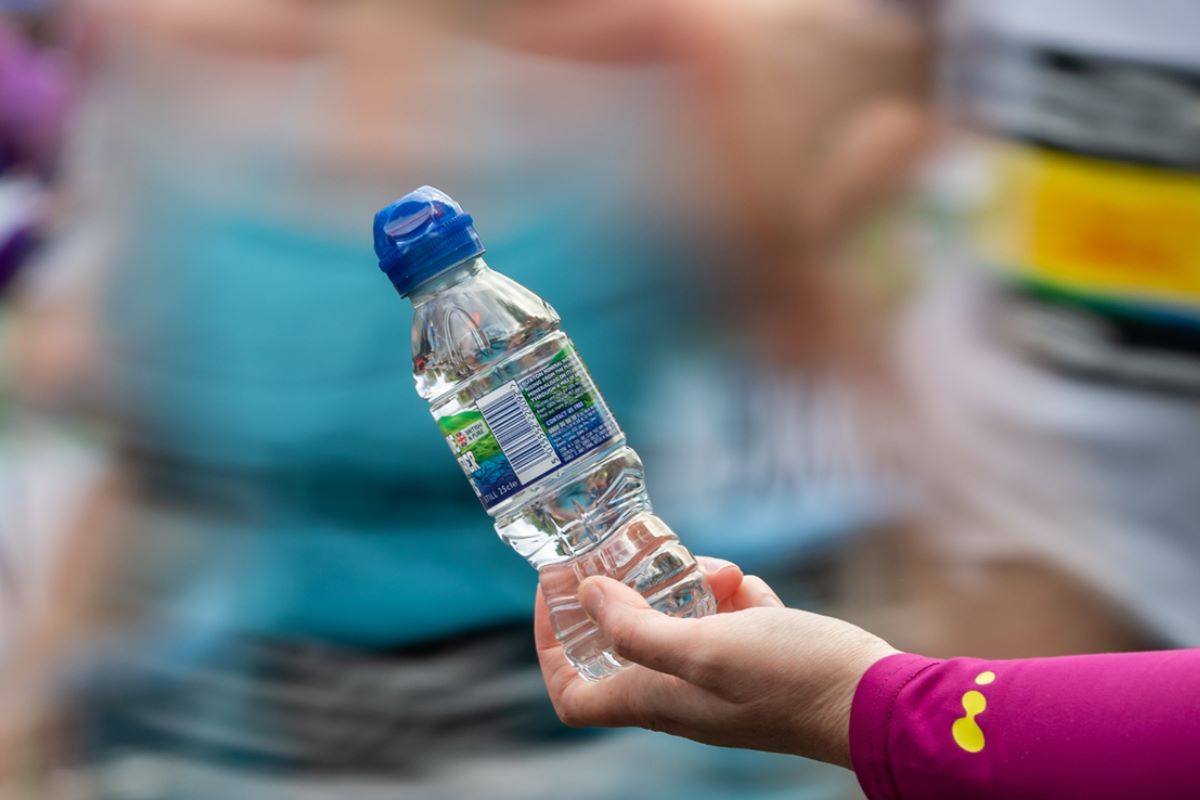
How Does Plastic Recycling Help the Environment
We all know that plastic recycling is important, but how does it help the environment? And how do we recycle at home? Find out today.
Take a look
Buxton Awarded Certification from The Alliance of Water Stewardship
Buxton® are pleased to announce that we have been awarded a top score for the Alliance of Water Stewardship. Read about how we proudly achieved this.
Take a look
BUXTON® and Biffa Partner to Reduce Plastic Bottle Waste
Find out more and discover how you can join us to help reduce the number of plastic bottles going to waste.
Take a look